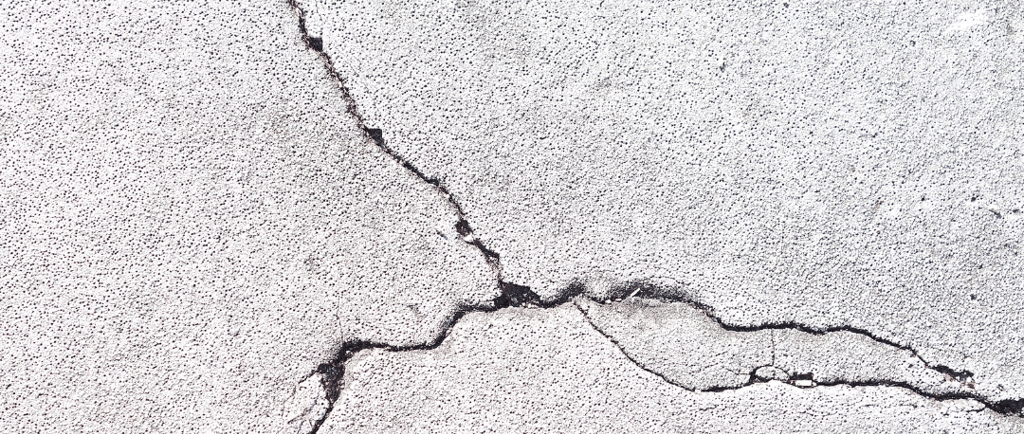What Causes Water in Your Basement? Hint: It's Usually Not Foundation Cracks
Basement flooding can be a devastating occurrence, often leading to significant property damage and emotional distress. While cracks in the foundation are certainly perceived as the biggest culprit, they're far from the most common reason for this unwelcome phenomenon. Let's delve deeper into some of the most common causes of basement flooding and explore preventive measures:...


Basement flooding can be a devastating occurrence, often leading to significant property damage and emotional distress. While cracks in the foundation are certainly perceived as the biggest culprit, they're far from the most common reason for this unwelcome phenomenon. Let's delve deeper into some of the most common causes of basement flooding and explore preventive measures:
1. Groundwater Pressure
High Water Table: When the water table rises, it can exert pressure on the foundation, forcing water to seep through the foundation.
Poor Soil Drainage: Clay-rich or compacted soil can hinder water absorption, leading to increased groundwater pressure.
Prevention:
Improve Drainage: Consider installing a French drain or sump pump to remove excess groundwater.
Grade Your Yard: Ensure that the grade slopes away from your foundation to prevent water from pooling.
2. Sewer Backups
Tree Roots: Tree roots can invade sewer lines, causing blockages that can lead to backups.
Heavy Rainfall: Overwhelming rainfall can overload the sewer system, forcing wastewater back into homes.
Prevention:
Regular Inspections: Have your sewer lines inspected regularly to identify potential issues.
Tree Root Control: Consider using root inhibitors or having tree roots removed if they are encroaching on your sewer.
3. Plumbing Leaks
Broken Pipes: Aging pipes can become brittle and crack, leading to leaks.
Faulty Fixtures: Leaky faucets, toilets, or appliances can contribute to basement flooding.
Prevention:
Regular Inspections: Inspect your plumbing system for signs of wear and tear.
Quick Repairs: Address leaks promptly to prevent further damage.
4. Storm Water Runoff
Inadequate Drainage: Poorly maintained gutters, downspouts, or drainage systems can allow rainwater to seep into the basement.
Prevention:
Regular Maintenance: Clean gutters and downspouts regularly to prevent clogs.
Redirect Runoff: Direct rainwater away from your foundation using rain gutters and downspouts.
By understanding these common causes and taking proactive steps to address them, you can significantly reduce the risk of basement flooding and protect your home. If you're experiencing basement flooding or have concerns about your home's drainage system, consulting with a professional can provide tailored advice and solutions.